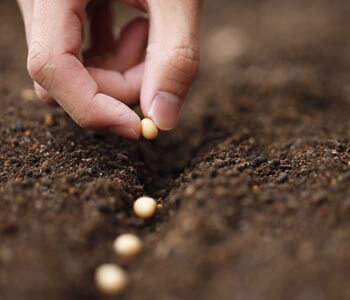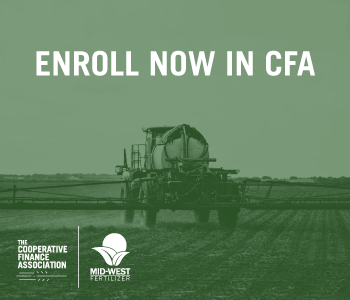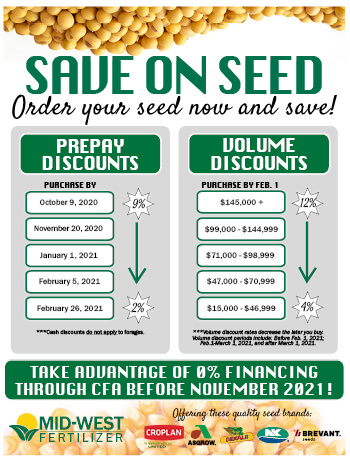Let's Start with the Seed
Sep 08, 2020

There were a lot of challenges in the 2020 growing season, but let’s face it, there’s always something. Weather is predictably unpredictable. You just don’t know what kind of season you’re going to get. But what we can do is start each growing season on the right foot! Planning the upcoming year's crops starts with seed selection. There are many factors to consider when selecting seed this year, so I hope you will spend just a few minutes with me reviewing the most important factors in my mind to get ready for this year.
Risk Management
Managing risk is at the core of all farming decisions and selecting seed shouldn't be any different. Every corn and soybean product has pros and cons. Understanding a hybrid or a varieties’ strengths and weaknesses can help manage the risk and yield potential of your product mix. I always recommend planting at least 3 or 4 different corn and soybeans products. One corn hybrid may offer higher yields under ideal conditions, while another hybrid may offer yield stability in a dry summer. Understanding the yield potential, fertility needs, disease tolerance, and consistency of a product can help make sure that you reduce risk with your planting mix. Planting multiple hybrids with different maturities can also help reduce risk and spread out harvest so that all your acres aren't ready to be harvested at the same time.
New Products
A part of managing your risk is planting products that are proven to have yield consistency year after year, but we should never miss the opportunity to give new hybrids and varieties a look. Newly released products are brought to the market by our trusted seed brands because they offer increased agronomics and yield potential over other products on the market. I encourage you to have confidence in the tremendous amount of testing that goes into new seed products before they are released and be open to planting new products on some of your acres this year.
Match Products to Management Practices
Population requirements, nitrogen needs, fungicide response and minimal tillage adaptability are all practices to understand before seed gets put in the planter. There are corn hybrids that don't show increased yield planted at 26,000 versus 30,000. There are also corn hybrids that may leave 20 bushels in the field if they don't receive an in-season nitrogen application.
The team at Mid-West Fertilizer can supply the management requirements for all seed products we have available and encourage growers to utilize. Matching these requirements to your management practices can help ensure you capture maximum yield while also managing input costs.
These are just a few of the factors to consider when selecting seed for the 2021 crop season. If you plant a diverse mix of genetics, capture the added yield which new products offer and understand the management requirements of the hybrids you are planting, you'll be off to a great start for 2021!
Jake Shelton – Mid-West Fertilizer Seed Manager

Learn more here.

Click to enlarge.